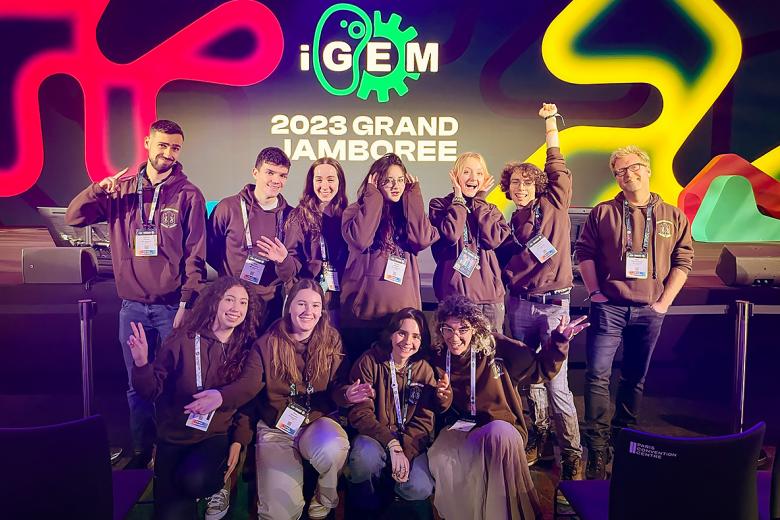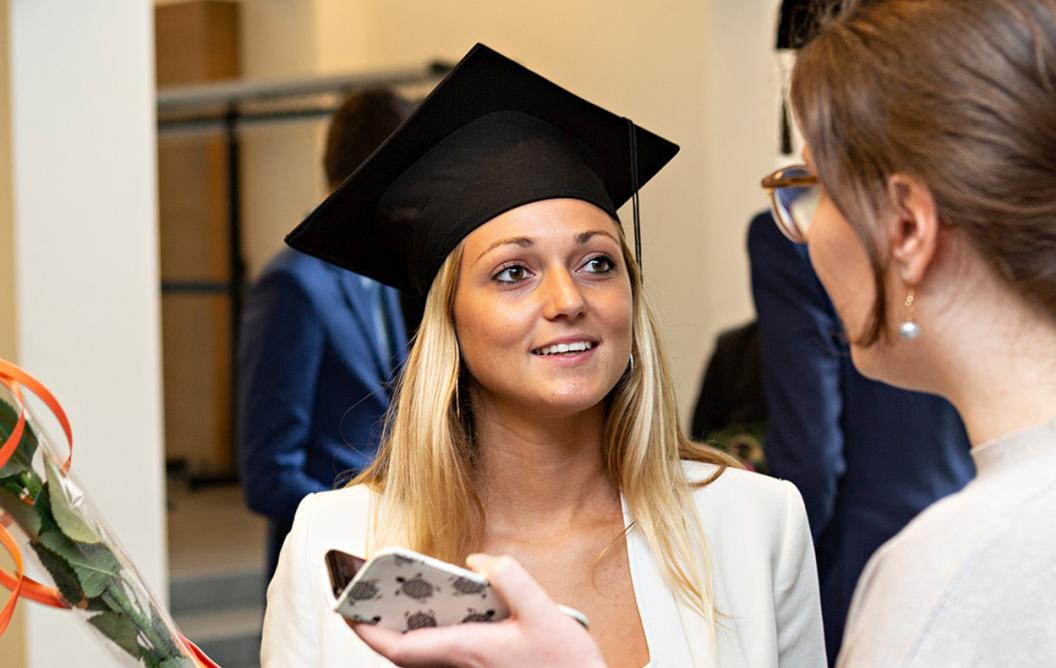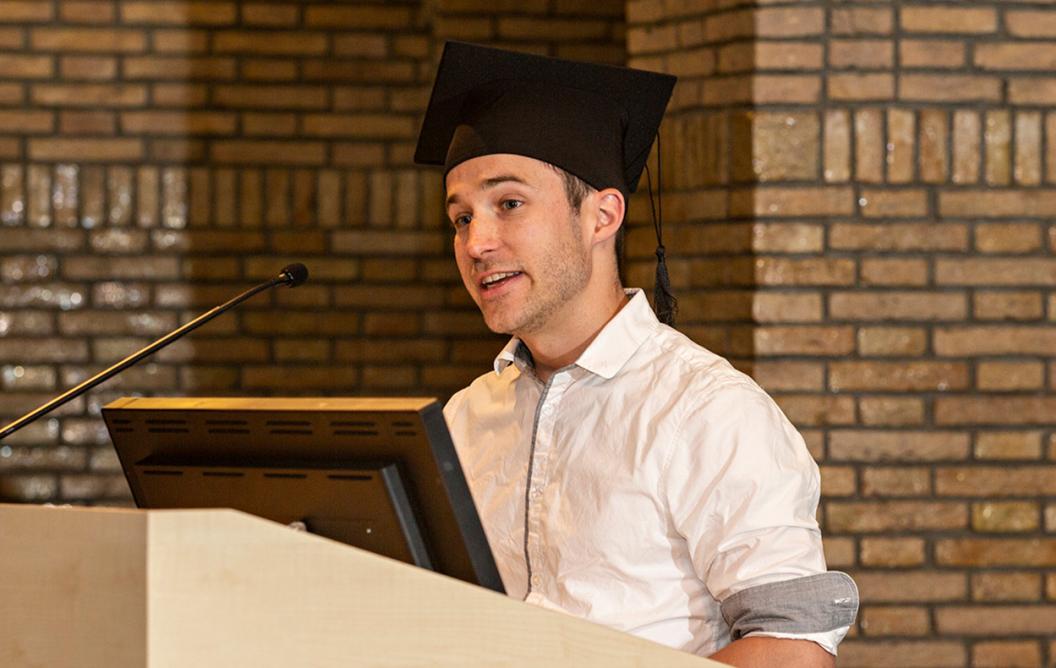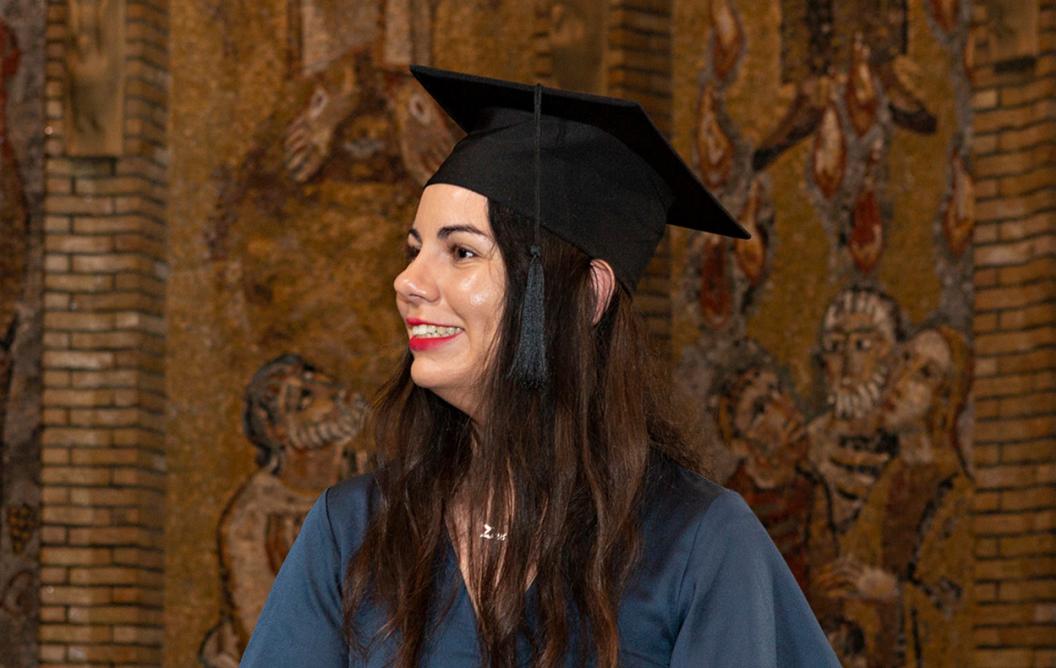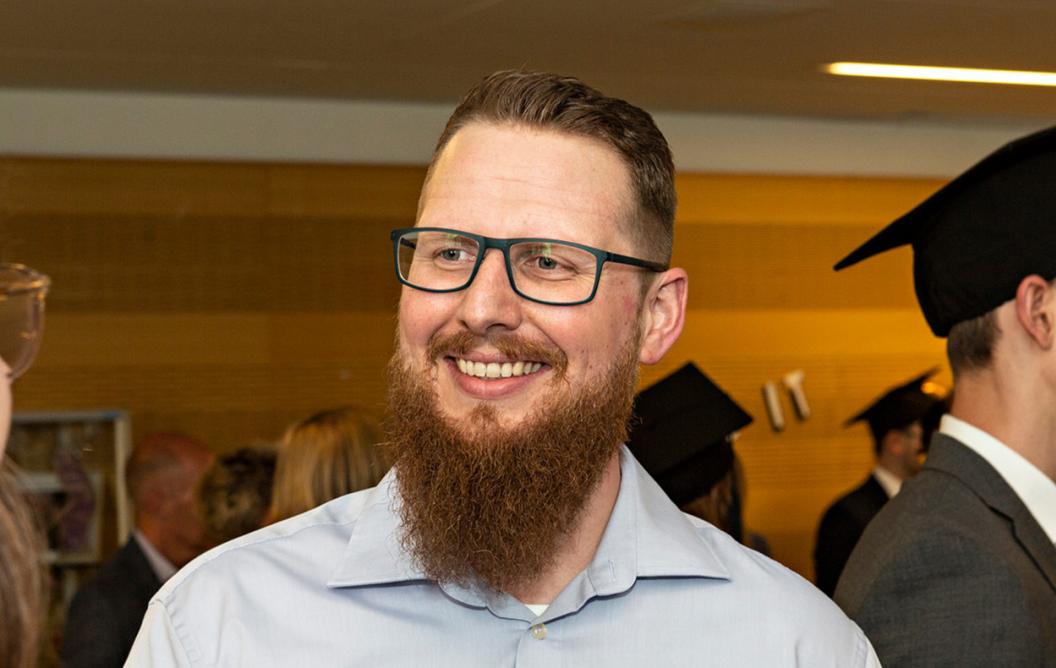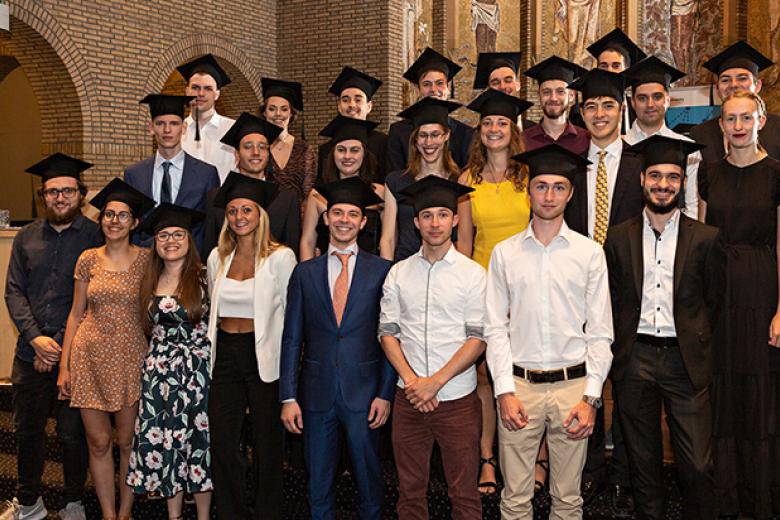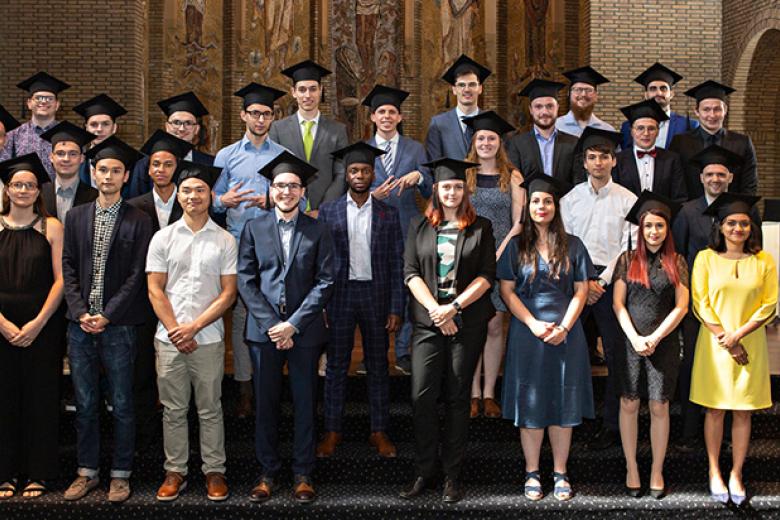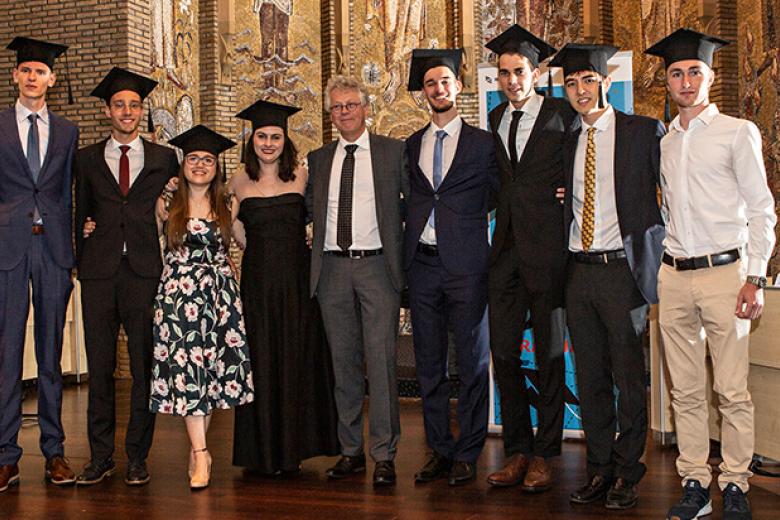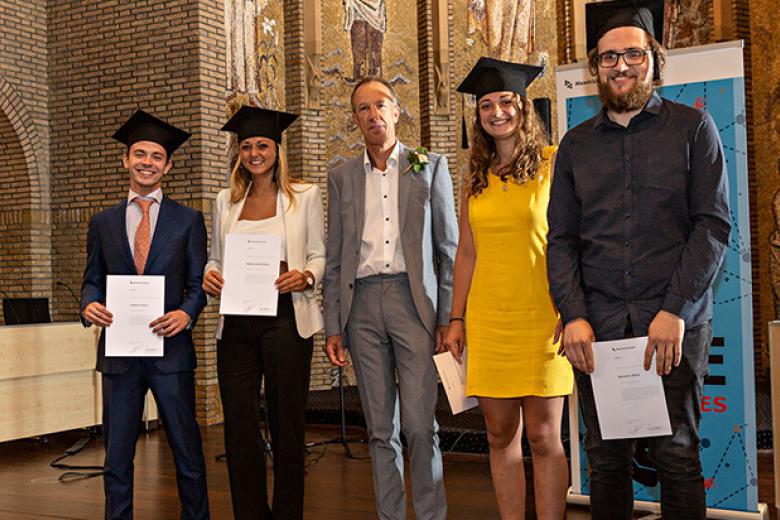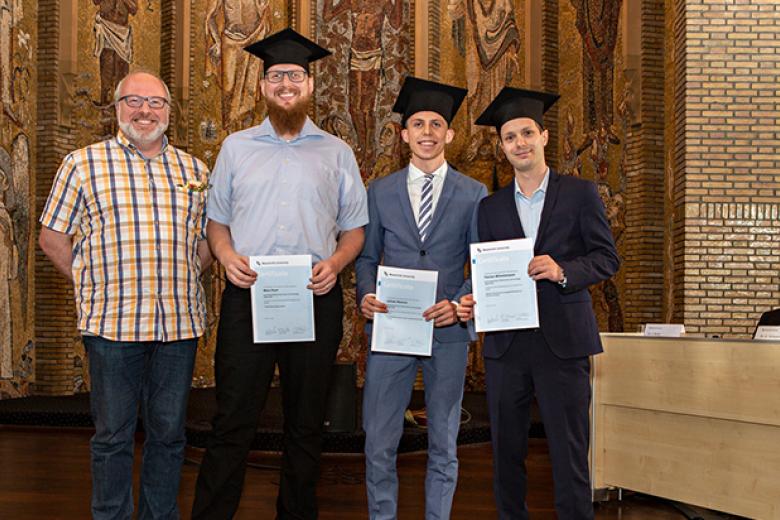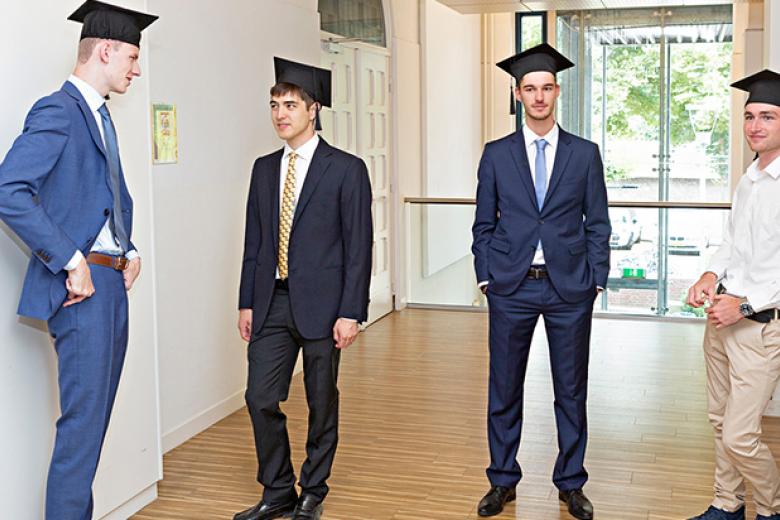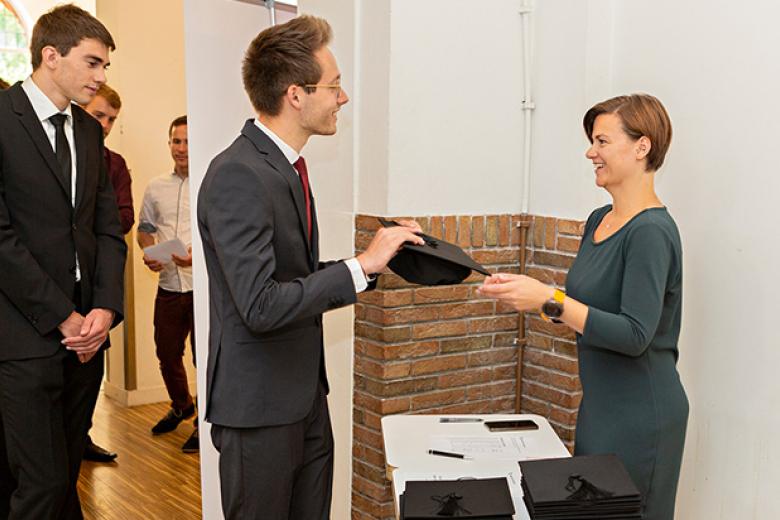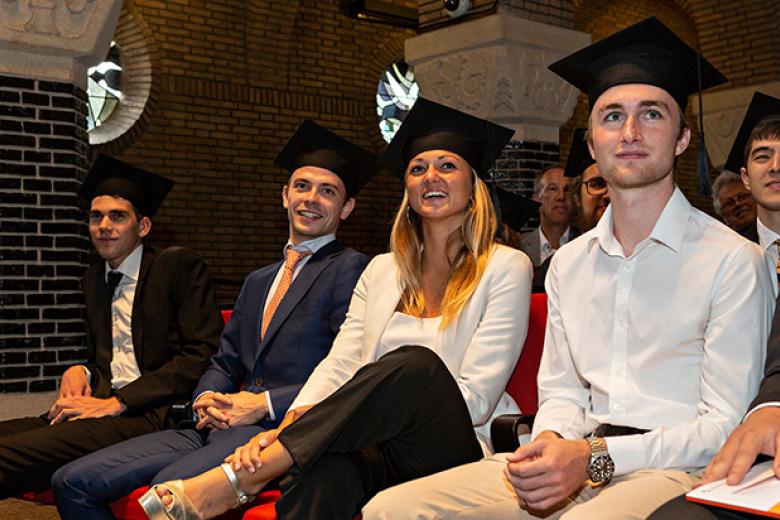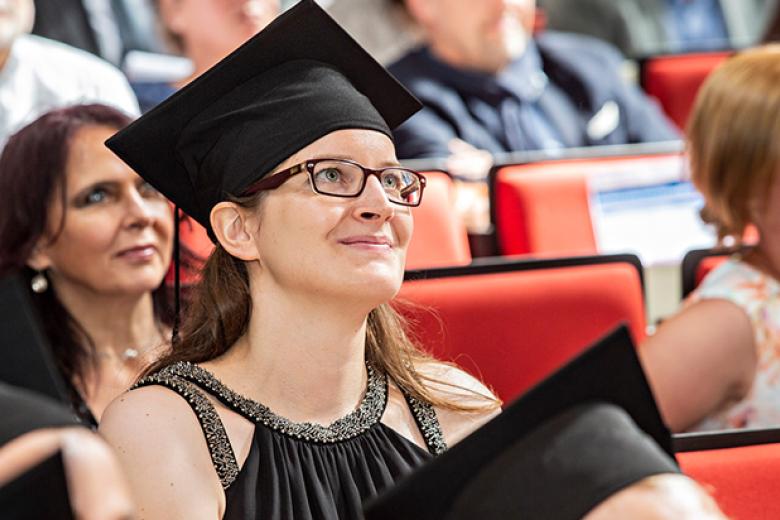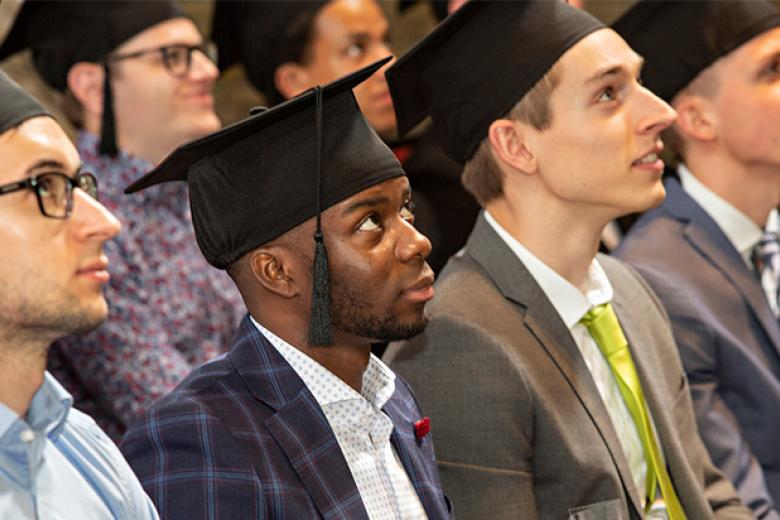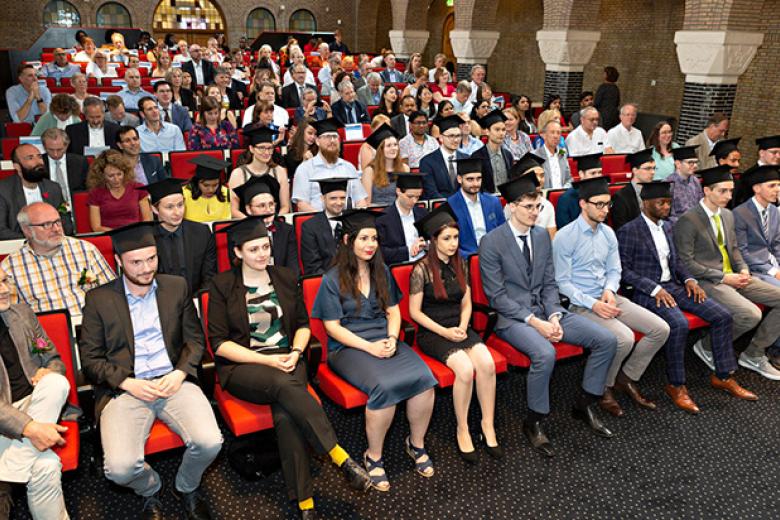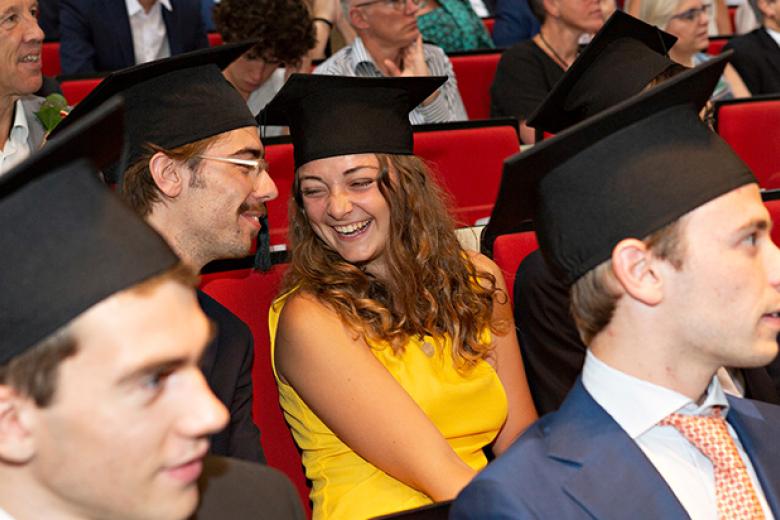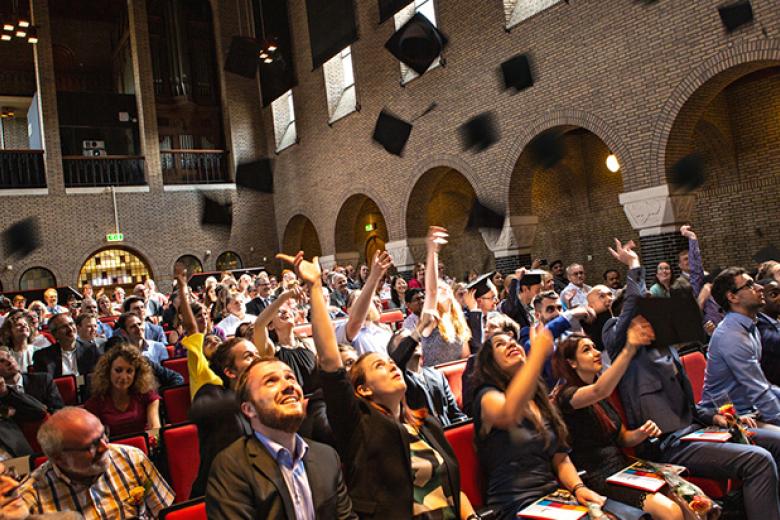The Department of Advanced Computing Sciences' Class of 2019: what’s next?
Following the graduation ceremonies on July 11 and 12, we asked four brand new graduates about their next steps in life. We also asked them to reflect – perhaps for the last time – on their time at the Department of Advanced Computing Sciences.
You’re finally wearing the square tassel cap you worked so hard for. Upon hearing the magic words at the end of the ceremony – class dismissed – you and your fellow graduates toss their caps in the air. When the caps come crashing down, so does reality: you graduated… What now?
Satellite software developer
Marta: “I’m going to be the Data and Software Engineer for the satellite Meteosat, which is a satellite of the European Space Agency. The software development happens in a company in Barcelona. The satellite’s software needs an update, and I’m the only programmer in a team of five people. I’ll be the one writing the code for that satellite. That’s pretty cool!”
“During my studies, the exchange to Australia was amazing. Seeing the different cultures and different universities was really cool. I’m also grateful I got to do research. I did the honours track, MaRBLe 2.0, and did research there. It really opened my mind: now I would like to be a researcher in the future.”
Master’s studies x Entrepreneurial spirit
Andrew: “I’ll pursue a master’s degree at TU Delft, and I’ve already started working for a startup here in Maastricht. We’re trying to get students to be more entrepreneurial and link them to venture capitalists, so they can get funding for starting their own business. I’ll be travelling back and forth between Maastricht and Delft quite often. And thereafter? I will probably start my own business, if everything goes well. I’m very entrepreneurial.”
“The best moment at the department… It’s a combination of a whole series of events. Not just the good ones, but the bad ones as well. Because everybody knows everybody, the support network was fantastic. If I had to choose a specific moment: the Thanksgivings I would throw. As an American, it’s a big holiday. I started inviting one or two people to private Thanksgiving events, and it snowballed into 35 people, which is bigger than any American Thanksgiving I’ve ever done.”
A smooth transition from thesis student to employee
Zoe: “You can imagine that due to time constraints, it’s not possible to investigate everything over the course of a master’s thesis. So we decided to go a step further, and investigate the rest of the techniques during summer and afterwards at ZyLAB. I really found my passion with natural language processing. ZyLAB gave me the chance to combine software development with research, so I’m going to be both a software developer at the company and also a member of the data science team.”
“It’s ideal for me, because you can imagine it’s hard to find a combination of both things. I was offered this opportunity by Jan, my thesis supervisor, and I aim to continue research while still being able to create software products like I was doing for my master’s.”
Possibly a PhD?
Marc: “I’m trying to find work that’s close to the academic work I’ve been doing. It’s been proving quite difficult to find companies that are looking for more theoretical work, or to try and attack more complex problems, because it’s unproven in the more economic fields. So I might look into doing a PhD, but until now? Unsure.”
“I think one of the best moments was at the end of the projects. Suddenly, most of my project group had this opening of free time. No resits, no exams, nothing going on… So we got together and took a moment to get to know each other. That moved on to everyone getting to know quite a few people in the department. Because there’s a lot of different people from different countries, there are a lot of different cultures. It was great to learn from each other and get to know everyone.”
Update: shortly after graduating, Marc took up a position with Yunify. He sat down to tell us about his experiences at Maastricht University and with finding a job.
This summer, 30 students received their bachelor’s degree in Data Science and Knowledge Engineering(now Data Science and Artificial Intelligence). Another 31 students received their master’s degree in Artificial Intelligence or Data Science for Decision Making.
The department's Master’s Thesis Awards went to:
- Marc Pont (“The Bi-Stack Sorting Problem”)
- Jelmer Neeven (“Iterative Model-based Transfer in Deep Reinforcement Learning”)
- Florian Wimmenauer (“Monte-Carlo Search for Leveraging Performance of Unknown Job Shop”)
Also read
-
Prince Friso Engineering Award: UM wins both public prizes
Kim Ragaert and SublimeStone students won the public's awards given out during the Engineer of the Year contest. This triumph as well as the nomination of both, by the Royal Netherlands Society of Engineers, demonstrates that Maastricht University, particularly its only five-year-old Faculty of...
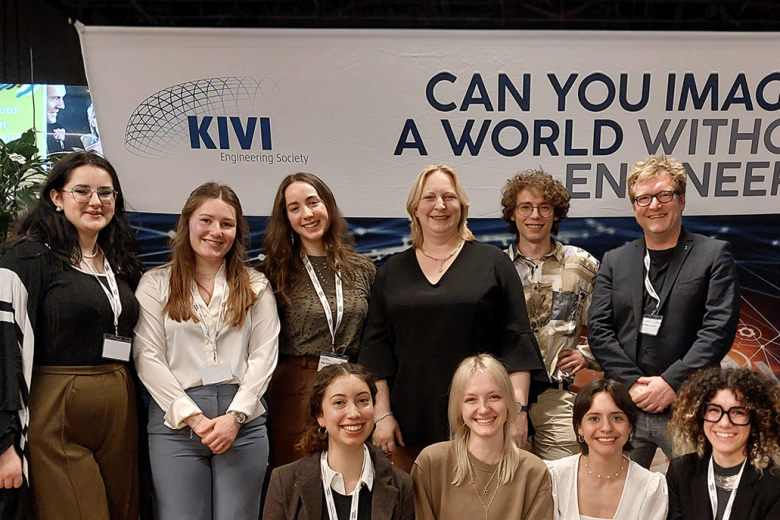
-
Champions of change: Vote Maastricht engineers to the top
The Royal Netherlands Society of Engineers has nominated engineer Kim Ragaert and student team SublimeStone for the award of best Dutch engineer and best Dutch student team in 2024. Both are among the last three finalists in their respective categories. Do you want the best engineers to win? Now is...
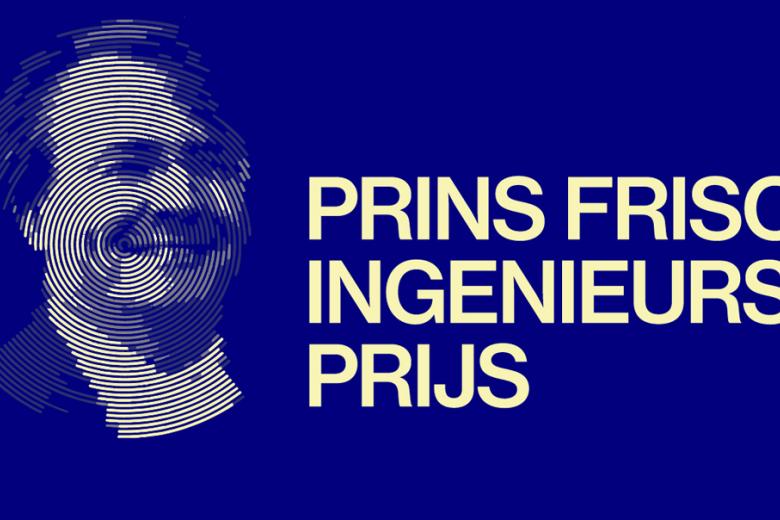
-
Maastricht University science students win gold at the international iGEM competition
How do you fix a crack in limestone, such as mergel? Well, simply ask some bacteria to do it for you. In short, this is the goal 11 students from Maastricht University set themselves to do. They succeeded and ended up in the TOP10 best undergraduate projects competing in the iGEM competition. For...
